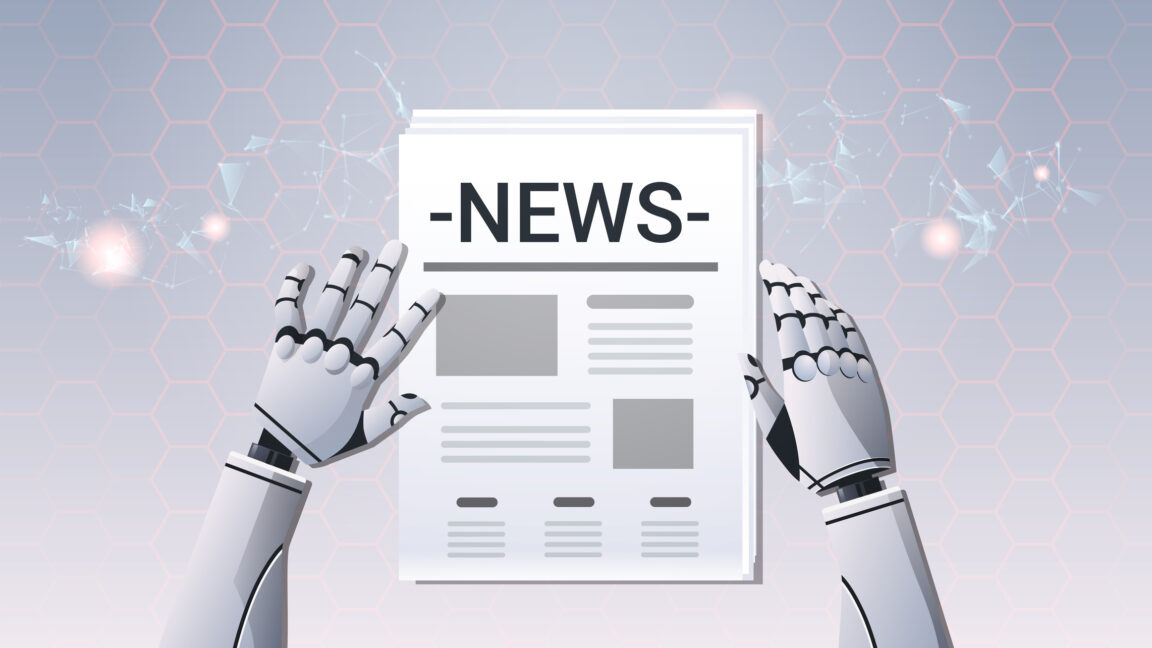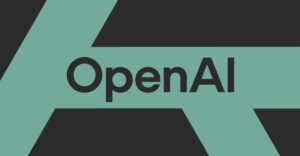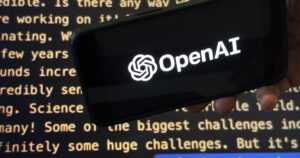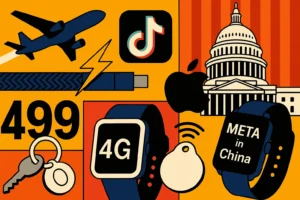Judge Critiques OpenAI’s “Straw Man” Argument in Copyright Case

Overview of the Legal Rulings Involving OpenAI
The recent legal discussions surrounding OpenAI and user infringement claims have raised significant questions about the responsibilities of artificial intelligence (AI) developers. Judge Stein suggested that OpenAI may have had grounds to investigate potential infringements by users due to the ongoing interactions between the platform and its users. This highlights the complexities involved in determining liability in the context of AI technology.
Contributory Infringement Claims
Judge Stein noted that OpenAI’s continuous relationship with users, characterized by the way ChatGPT responds to individual prompts, supports claims of contributory infringement. This contrasts with OpenAI’s defense, which pointed out that ChatGPT has “substantial noninfringing uses”—a key argument they believe mitigates their responsibility for any potential misuse of copyrighted content by users.
Claims Dismissed by Stein
While some claims against OpenAI were upheld, the judge did dismiss several others, which could come as a relief to the company. Notably, he rejected a claim from the New York Times (NYT) regarding “free-riding.” This claim alleged that OpenAI benefits unfairly from news stories and updates, such as those posted on the NYT’s Wirecutter service. Stein pointed out that the NYT did not adequately demonstrate a lack of attribution, which is crucial for proving a “free-riding” case. For example, ChatGPT often cites the NYT when it utilizes information from Wirecutter posts.
Copyright Management Information Concerns
Another claim against OpenAI, focused on the alleged removal of copyright management information (CMI), was also dismissed. Stein explained that simply reproducing excerpts from NYT articles is insufficient to prove that CMI was removed. According to the Digital Millennium Copyright Act (DMCA), it is necessary for publishers to establish that ChatGPT’s outputs closely resemble the original copyrighted works. If the court were to accept claims based solely on excerpts, it would lead to excessive liability under the DMCA, particularly regarding the use of block quotes that lack CMI.
OpenAI’s Response to the Ruling
In response to the ruling, an OpenAI representative refrained from delving into specific details but reiterated the company’s long-standing position that training AI on copyrighted materials falls under fair use. Just last month, OpenAI expressed concerns that the U.S. might fall behind in the AI competition with countries like China if the courts were to rule against their fair use argument.
Benefits of OpenAI Technology
The spokesperson added that ChatGPT serves to enhance human creativity, promote scientific discovery, and streamline daily tasks for millions worldwide. They emphasized that OpenAI’s models encourage innovation and are based on publicly available data while being firmly grounded in the principles of fair use.





